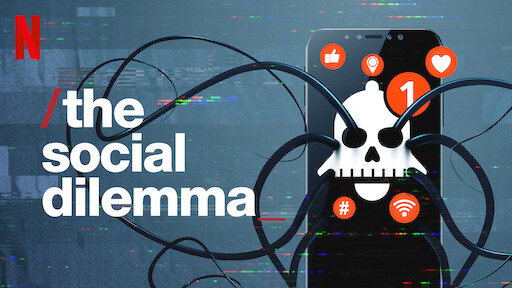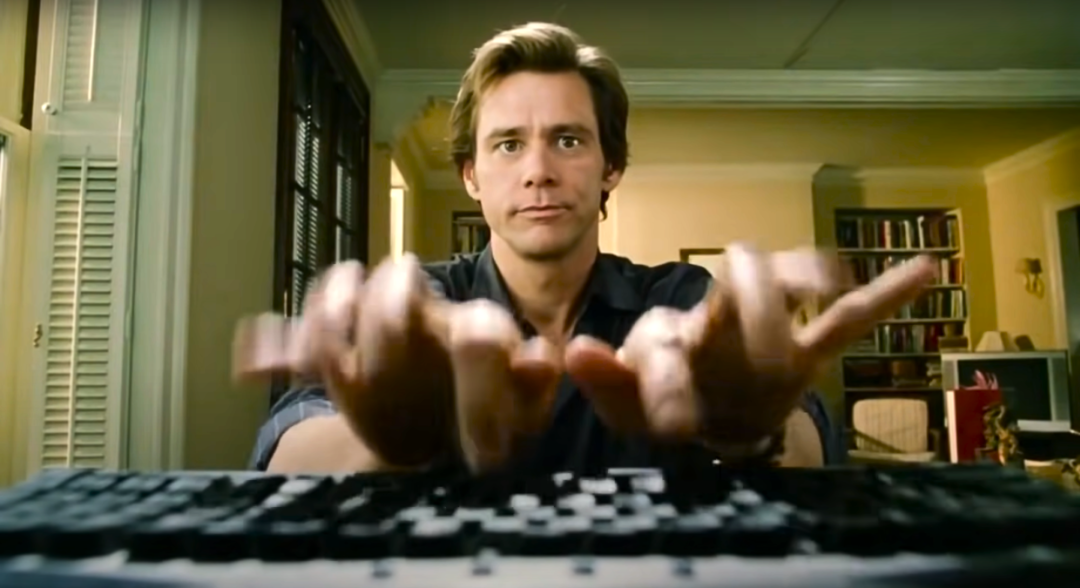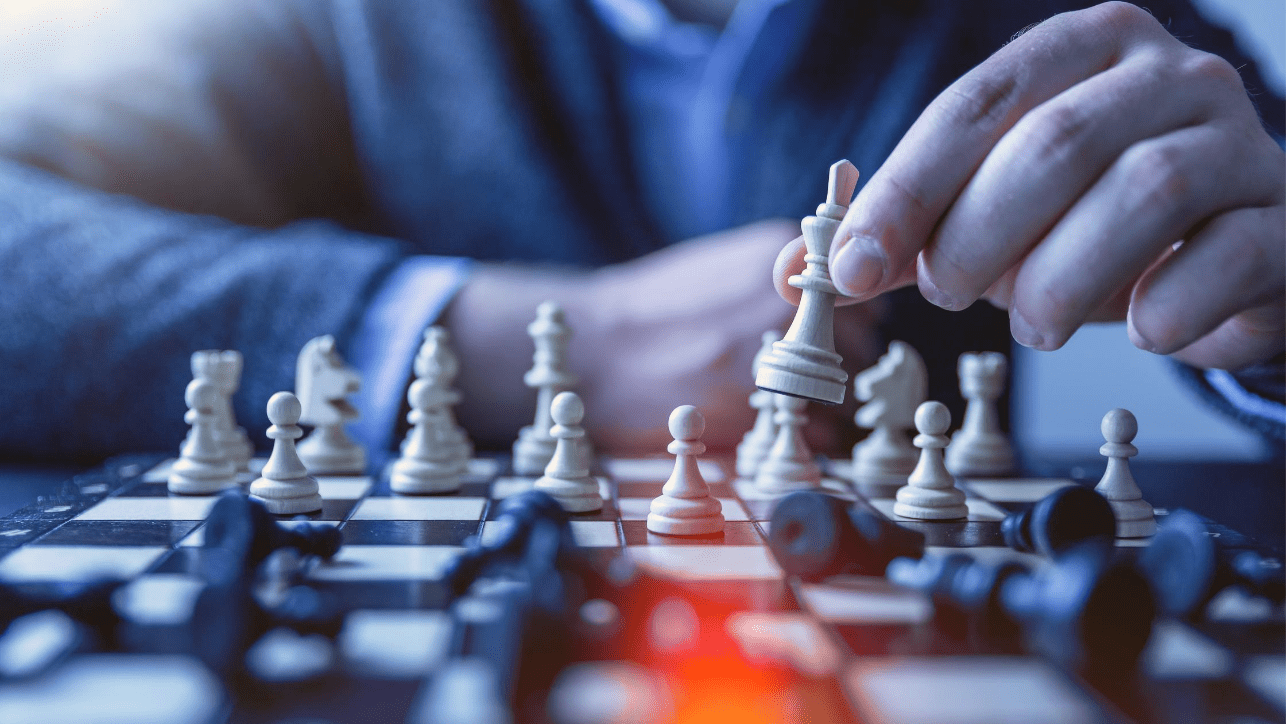Human beings are social animals.
Let me re-phrase that in context to the current world. Human beings are digitally social animals.
Social media has revolutionized the way we meet and talk to people. Deep and meaningful conversations happen only in text messages. If someone wants to have a meaningful conversation in person, that person is not normal.
People are judged by the number of followers on their social media profiles and the number of likes on their posts. Kids, who do not even understand what social media is, are becoming addicted to using it on a daily basis.
Today’s computers are able to process information faster than ever. We carry a high-speed computer in our pockets every single day. Our smartphones have become a part of our body that we cannot let go of. If we do, god knows what will happen to us.
Is using social media actually doing any good to us? How is it affecting us? What is the truth behind how social media works? How can we live in a world where machines do not make decisions for us?
These questions have been addressed in Netflix’s documentary The Social Dilemma.

How Social Media Works?
Social media, for the general people, is a platform where they can post pictures, react to other’s pictures/posts, comment on them, tag them, share posts, watch memes, watch videos, so on and so forth. And, the most amazing part, they can do all this for FREE.
We all love things that we get for free, don’t we? But, wait a minute. Think about it again. Why are these companies letting their customers use their platforms for free?
It is because we are not their customers, we are their PRODUCTS.
That’s right. Let that sink in for a minute.
“If you’re not paying for the product, then you are the product.”
What Happens Behind the Scenes?
Social media platforms are actually computer programs, written by a team of programmers. For instance, let us assume that Facebook has a team of 50 programmers. So these 50 programmers are making decisions that will have an impact on millions of people around the world.
Advertisements
If we are not the customers of these companies, then who are their customers? Advertisers. Advertisers pay a lot of money to these social media companies to promote their products and services on these platforms.
We see ads popping up whenever we are using any of these platforms. Based on the viewers’ engagement with these ads, the advertising companies pay money to these platforms.
Social media companies track every behavior of their users – how much time they spend on a particular post, what kind of posts they like to engage in, what kind of videos they like, which pages they follow, who their closest friends are, so on and so forth. Based on all these, they show advertisements to their users.
Everything online is being watched, monitored, and tracked. They know everything about you.
Models
In the documentary, they clearly show that social media platforms are building models of every user based on their usage. These models are being built so that they can predict the actions of their users.

The posts you have liked, the DMs you have sent, the comments you have written, the time you have spent scrolling, the photos you have uploaded, the profiles you have viewed, and every other activity help these platforms build your model more precisely. The better they can build your model, the better they can predict your actions. Whichever platform can predict your actions better, is the winner.
Customization
Have you ever realized that each individual user has his/her own customized feeds? Even if you and your friend, for instance, have the same friends and you like the same pages, your feeds will show different things. It is because the two of you are different models. Your activities will be different. So will be your feeds. So will be the ads you see on your feeds.
Customization covers up the facts. You don’t know what is real and what is not. Each individual has his own reality and facts. For instance, you will believe what you see on your feeds and others will believe what they see on theirs’.
Effects of Social Media
Addiction
One of the obvious and the most popular effect of social media is addiction. There are a lot of people who have some serious addiction to using social media. The first thing they do after waking up – check their phones. Once they see something interesting, they are hooked. And then, an hour disappears.
Here’s a funny line from the documentary:
“Do you check your smartphone before you pee in the morning or while you are peeing? ‘Cause those are the only two choices.”
Unknown Facts
These days social media has become popular for mostly two things – memes and fake news. On social media, news spread faster than anything else. A friend tells you some news. You ask where she heard it from. Her answer: on Facebook. This might have happened to a lot of us. Do you ever check the facts after you hear the news? Probably not.
Rumors and fake news spread so quickly that we really can not differentiate them from actual facts. Take the example of the recent COVID-19 pandemic. There were so much fake news and rumors about it that we didn’t know what to believe. It caused more confusion than provide genuine information to the people.
Self-Image
Here’s an interesting line I recently read in Jay Shetty’s book Think Like A Monk:
“I am not what I think I am. I am not what you think I am. I am what I think you think I am.”
To us, other people’s opinions about us matter more than that of ourselves, especially on social media. We think that all the comments, likes, and followers justify who we are. Kids want to look and become like celebrities. Their own image and personality are not enough for them. Also, the use of filters takes a kid’s sense of self-worth and identity.
Bigger Threat
What could be worse if this madness continues for the next 10-20 years? We cannot say anything for certain. But, as proclaimed in the documentary, there is a high possibility of civil war and maybe even the end of civilization. A single rumor can impact thousands. Social media will become a digital weapon. It will be used to manipulate the masses. Dictators will use it to their benefit. The future generations are in for a disaster.
The Solution to the Social Media Problem
While watching the documentary, I was constantly thinking to myself, “What could be the solution to all this?” We cannot ask companies to banish social media completely. And, we cannot ask all the users to stop using these platforms as well.
The only possible way to minimize and prevent all this is by spreading awareness. That is what this documentary has done.
I knew that social media is bad for us before I even watched this documentary. Almost everybody knows that it is bad for us. But we still use it. After watching it, I know what is really going on behind the scenes and how it is subconsciously affecting us. I don’t know if I will completely stop using everything at once. But now, I do know my limits and I know enough to not be controlled by them.
The solution to the social media problem is similar to the meat-consumption problem. Since I do not eat any meat products, I constantly think to myself, “Why do people consume meat as it does so much harm to the animals and the environment? What could be the solution to this problem?” I cannot influence all the people to stop eating meat. So the only possible solution: awareness. If spreading awareness about the effects of meat-consumption impacts only a single person, it is good enough for me. So the goal is to minimize the consumption of meat because, if there is no consumption, there will be no production at all.
Similarly, the solution to the social media problem is to minimize usage. If we minimize the usage, hopefully, there will be fewer problems and the companies will also reform their platforms in a way that is good for the world. Only then, social media will have more meaning and a better impact on people’s lives.
Final Thoughts
What can we do right now to make a change? If you can stop using social media completely, that’s great. But you do not necessarily have to do that.
Social media obviously has some good aspects too. You have to be able to use social media for the good and not let it impact you negatively.
Here are a few things you can do, as advised in the documentary, to not let social media affect your life:
- Manage your notifications. Remember, you can control all the notifications on your phone. Turn them off when you are doing something important. Fewer notifications allow you to have a better focus.
- When you share something, always check the facts.
- Don’t believe everything you hear or see on social media.
- In the case of YouTube, watch the videos you choose and not what it recommends.
- Keep the kids away from social media, especially those below 16.
- Go outside. Live in the real world. Talk to real people. Have real conversations. That’s how we were supposed to live.
Always remember: You control it. It doesn’t control you. Don’t let it be the opposite.



